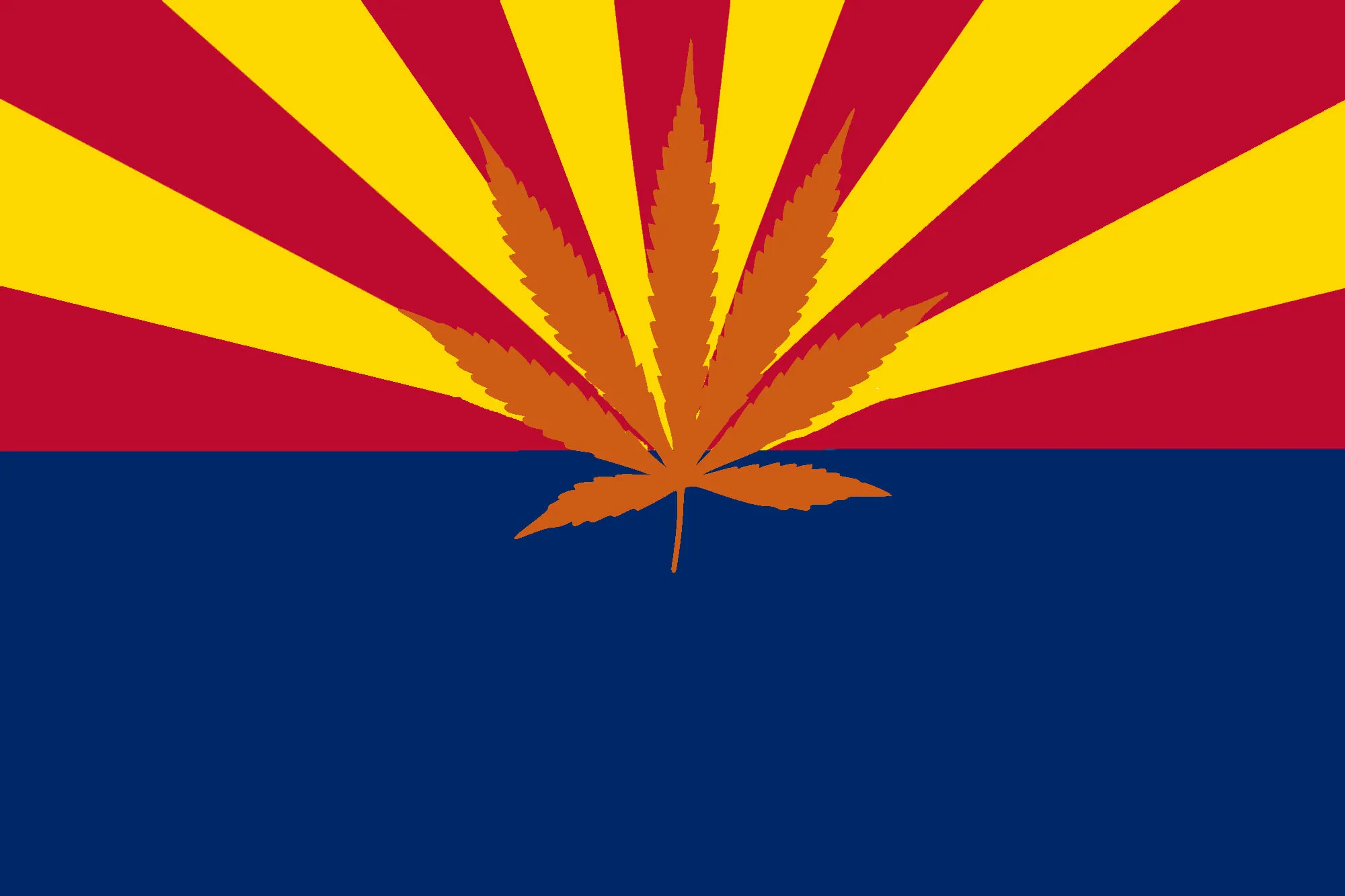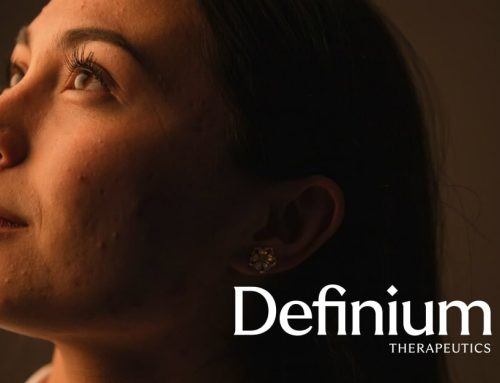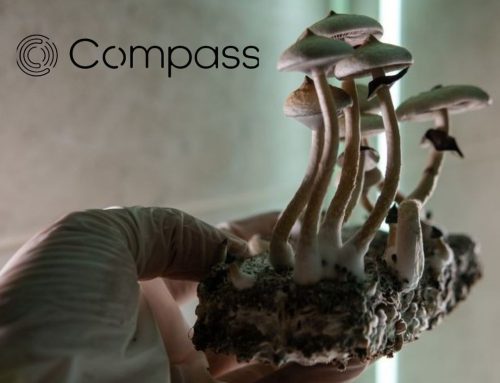Arizona Governor Signs Bill Allowing MDMA Therapy for First Responders with PTSD
LOS ANGELES- Arizona Governor Katie Hobbs has signed a bill into law that enables firefighters and peace officers with post-traumatic stress disorder (PTSD) to receive workers’ compensation coverage for MDMA therapy, contingent upon federal legalization.
While Governor Hobbs vetoed a separate proposal to legalize psilocybin service centers earlier this week, she approved legislation authorizing the Industrial Commission of Arizona to provide compensation for a one-course treatment of MDMA for public safety officials with PTSD if the drug receives approval from the Food and Drug Administration (FDA).
The bill’s enactment follows a recent recommendation by an FDA advisory committee against approving a new drug application for MDMA-assisted therapy, drawing criticism from advocates and some lawmakers, including a GOP congressman who has personally benefited from psychedelic treatment.
Sponsored by Senator David Gowan, the Arizona bill is narrow in scope, requiring FDA approval of MDMA and not establishing a framework for therapeutic administration. It permits officials to approve workers’ compensation for a course of MDMA-assisted treatment sessions. According to the bill text, “If an independent medical examination reveals a treatment protocol of midomafetamine is deemed a reasonable and necessary treatment and follows the treatment guidelines established by the Industrial Commission of Arizona, workers’ compensation coverage may include one complete course of a treatment protocol of midomafetamine as prescribed by a psychiatrist.”
The commission must also report the costs of MDMA treatment to the Joint Legislative Budget Committee annually starting January 1, 2026.
This bill reflects other recent psychedelic therapy proposals, such as one in California allowing local governments to establish pilot programs for psilocybin treatment for military veterans and former first responders. Similarly, a New York bill introduced in December proposes a pilot program for psilocybin therapy for 10,000 people, focusing on veterans and first responders, while broader psychedelics reform is also under consideration.
In Arizona, advocates expressed disappointment over the governor’s veto of a bill that would have authorized the state Department of Health to license psilocybin-assisted therapy centers. This legislation, which passed with bipartisan support, aimed to expand on Arizona’s existing research-focused psychedelics law that allocates $5 million annually for psilocybin therapy studies.
Senator T.J. Shope, the bill’s sponsor, called the veto a “disappointing result after months of hard work and the overwhelming bipartisan support this received in both houses of the Legislature this year.” He indicated plans to reintroduce the legislation next year.
Across multiple states, lawmakers are working to promote psychedelics research and therapeutic access. Recent initiatives include California’s revised psilocybin pilot program bill, New Jersey’s amendment to a psilocybin bill, and Massachusetts’ bill to create a psychedelics working group. Other states, including Vermont, Maryland, Alaska, Indiana, Utah, Maine, Connecticut, New Mexico, Illinois, Hawaii, New York, and Nevada, are also exploring various regulatory frameworks for psychedelic-assisted therapies.



































